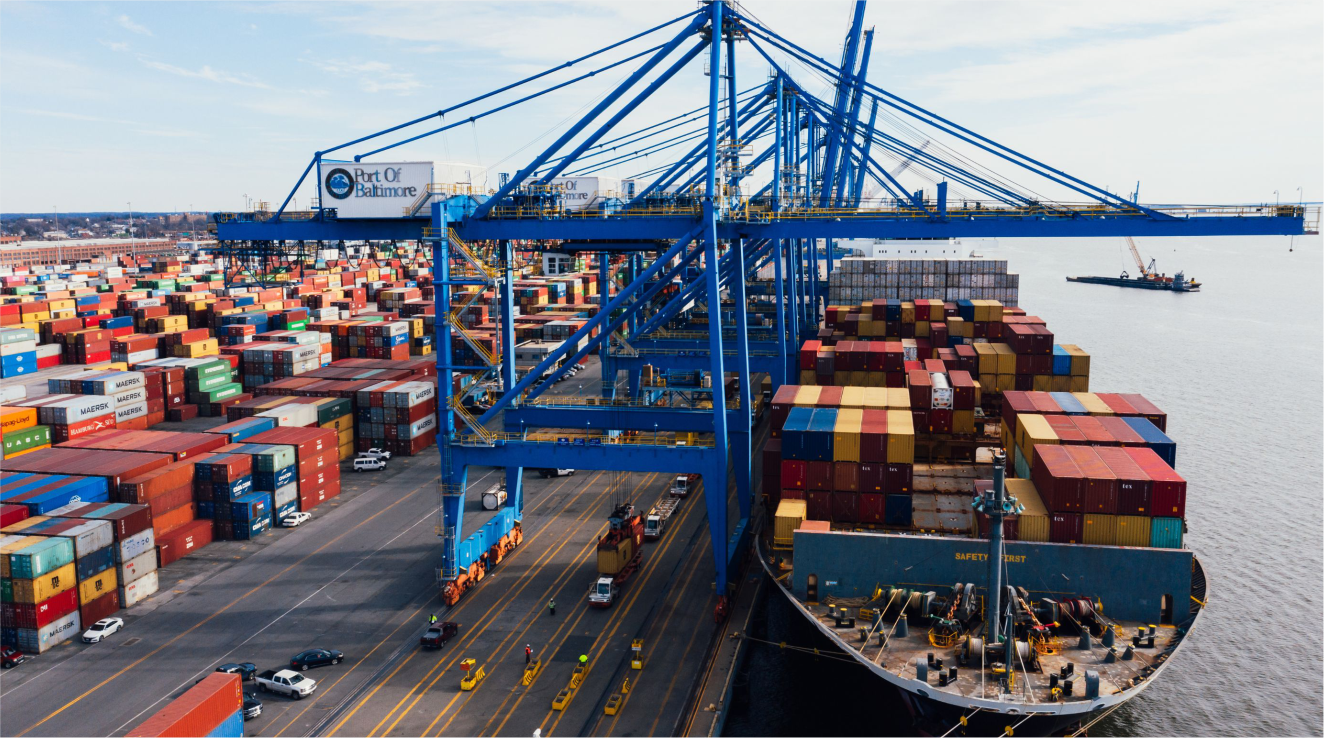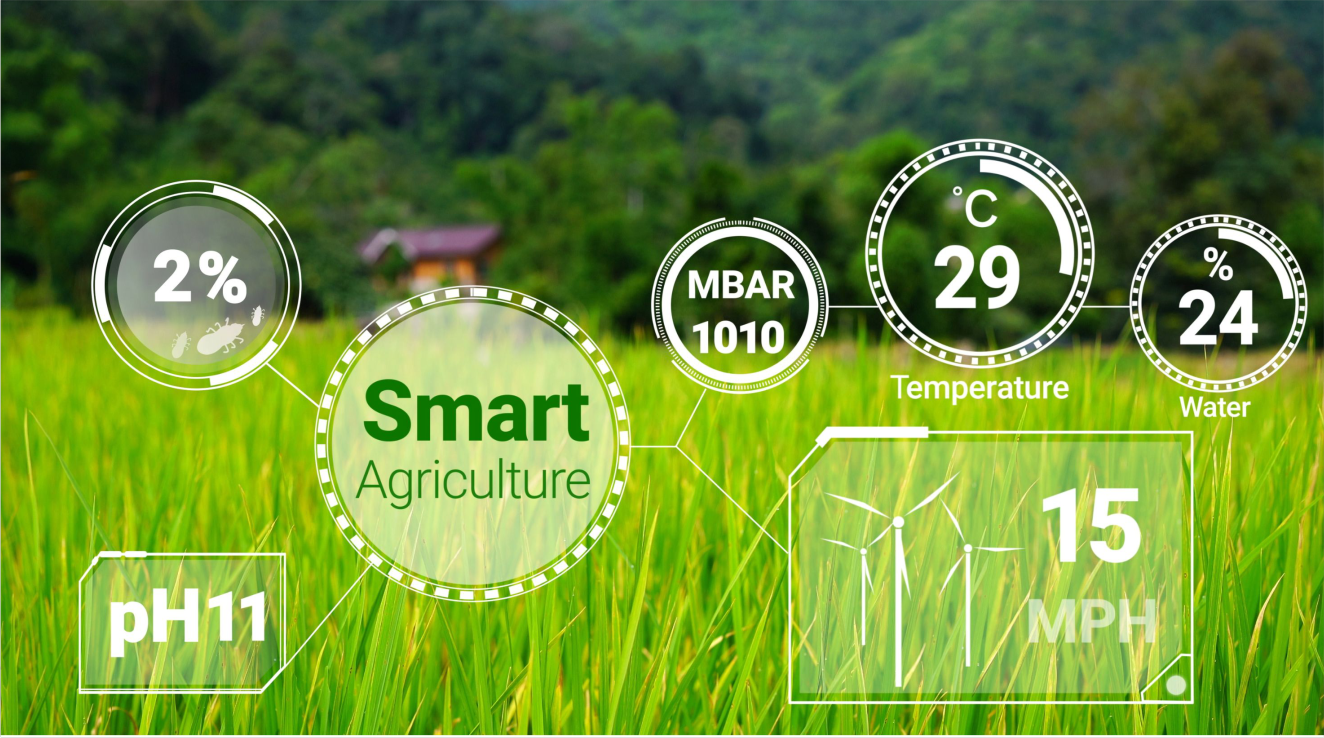In the Union Budget 2025-26, exports have been identified as one of the four key growth engines driving economic development. To support this vision, several initiatives and policy measures have been introduced to facilitate exports, reduce the compliance burden, and rationalize customs duties. These efforts aim to correct the inverted import duty structure and ensure the smooth import of raw materials and intermediate goods, which are crucial for strengthening domestic manufacturing.
A major highlight of the budget is the announcement of a National Export Promotion Mission, which will provide holistic support to exporters. A National Framework for Global Capability Centres (GCCs) has been introduced to guide states on enhancing talent availability, improving infrastructure, reforming building by-laws, and fostering industry collaboration.
Key Announcements Benefiting Exporters
The budget outlines five major initiatives that are expected to significantly benefit Indian exporters:
1. Export Credit Facilitation
One of the major challenges faced by exporters, particularly MSME exporters, is securing export credit at competitive rates. This often limits their ability to fulfill export orders and compete in global markets. To address this, the National Export Promotion Mission introduces special provisions for enhancing export credit availability, with a particular focus on MSMEs.
2. Addressing Non-Tariff Measures (NTMs)
Non-Tariff Measures (NTMs), such as complex compliance requirements and varying international standards, create significant challenges for exporters. These hurdles increase compliance costs and restrict market access, particularly for MSMEs that often lack the resources to navigate them effectively. Under the National Export Promotion Mission, MSMEs will receive dedicated support to help them overcome NTMs and enhance their access to global markets.
3. Cross-Border Factoring Support
To improve exporters' financial liquidity, the National Mission includes provisions to facilitate cross-border factoring. This initiative will enable exporters to better manage their finances by factoring their export invoices, ensuring that they can meet their working capital requirements efficiently and at more competitive rates.
4. Rationalization of Customs Duty
The budget rationalizes import duties and taxes across several industries, including electronics, IT, marine products, textiles, leather, and minerals. This measure is expected to reduce operational costs for domestic manufacturers, making Indian exports more cost-effective and globally competitive.
5. BharatTradeNet (BTN): A Digital Trade Infrastructure
As part of the government’s vision to enhance ease of doing business and strengthen India’s integration into global trade networks, the Union Budget 2025-26 introduces BharatTradeNet (BTN). This digital public infrastructure aims to streamline international trade documentation and financing solutions. BTN will function as a unified platform, complementing the Unified Logistics Interface Platform (ULIP) by simplifying and digitizing trade-related processes. It will also facilitate seamless coordination among key stakeholders, including customs authorities, financial institutions, logistics providers, and businesses.
Conclusion
The export-focused initiatives in the Union Budget 2025-26 signal the government’s commitment to strengthening India's global trade competitiveness. By addressing critical challenges such as export credit access, compliance with NTMs, trade financing, and customs duty rationalization, the budget paves the way for a more robust and efficient export ecosystem. Furthermore, the introduction of BharatTradeNet (BTN) is a significant step toward digitizing and modernizing India’s trade infrastructure, ensuring that Indian businesses can seamlessly connect with global markets













